I wish I had a photographic memory, but unfortunately there’s no way I can remember all the information and instructions I’ve read over the years dealing with self-reliance topics.
That’s why it’s so important to actually practice some of your skills in real life whenever you have the opportunity. That camping trip down at the beach, or in a state forest, can give you the opportunity to practice fire-making skills, cooking over a campfire or even how to gather and treat water for safe drinking.
 But there are myriad topics that aren’t practical for me to read and try to memorize. That’s why I love having my reference books, like the Dare to Prepare book that I talked about in Building Your Resource Library. This book contains (among tons of other info) pages of charts telling you what the real expiration date is for all kinds of foods and medicines (hint: it’s not the one stamped on the product). I certainly don’t need to memorize that type of information – yet it’s handy to have it in my library.
But there are myriad topics that aren’t practical for me to read and try to memorize. That’s why I love having my reference books, like the Dare to Prepare book that I talked about in Building Your Resource Library. This book contains (among tons of other info) pages of charts telling you what the real expiration date is for all kinds of foods and medicines (hint: it’s not the one stamped on the product). I certainly don’t need to memorize that type of information – yet it’s handy to have it in my library.
Or perhaps I need to jog my memory on the specifics of performing a function I did long ago, but have forgotten the details. One read through of the instructions and I will clearly remember.
 Reference books, like When all Hell Breaks Loose are great to have on hand in an urban disaster emergency. Not only do you have step-by-step instructions for how to handle a situation you may not familiar with, but it helps calms your racing mind to have something in your hands giving you a clear indication of what to do next. Staying level-headed and not going into panic mode is the first step to survival in an emergency situation.
Reference books, like When all Hell Breaks Loose are great to have on hand in an urban disaster emergency. Not only do you have step-by-step instructions for how to handle a situation you may not familiar with, but it helps calms your racing mind to have something in your hands giving you a clear indication of what to do next. Staying level-headed and not going into panic mode is the first step to survival in an emergency situation.
 I’ve done a lot of research for my novels and as I’ve discussed before, Tom Brown’s Field Guide: Wilderness Survival is still a favorite book for me. But another one that I’ve found to be great is the SAS Survival Handbook: for any climate in any situation – by John ‘Lofty’ Wiseman. Mr. Wiseman spent 26 years in the SAS (Special Air Service), an elite unit in the British Army. This book has about every conceivable situation you can think of for survival scenarios. There are illustrations for wild, edible plants and animals, shelters, and all types of other information. If you’re a writer, it’s a valuable resource. And who knows, maybe writing about survival will spark an interest in learning about it yourself—that’s what happened to me!
I’ve done a lot of research for my novels and as I’ve discussed before, Tom Brown’s Field Guide: Wilderness Survival is still a favorite book for me. But another one that I’ve found to be great is the SAS Survival Handbook: for any climate in any situation – by John ‘Lofty’ Wiseman. Mr. Wiseman spent 26 years in the SAS (Special Air Service), an elite unit in the British Army. This book has about every conceivable situation you can think of for survival scenarios. There are illustrations for wild, edible plants and animals, shelters, and all types of other information. If you’re a writer, it’s a valuable resource. And who knows, maybe writing about survival will spark an interest in learning about it yourself—that’s what happened to me!
Whether you’re a writer or not, or have no interest in the topic of self-reliance, I hope you’ll still consider having a few of these books on hand in your home. You never know when they might come in handy.


 Being outside in nature is the most basic part of who I am. Besides gaining knowledge about wildlife, I learn lessons about who I am, and surprise myself about what I am capable of achieving. Nature continually inspires me. It is a part of all my writings, no matter the genre or subject matter.
Being outside in nature is the most basic part of who I am. Besides gaining knowledge about wildlife, I learn lessons about who I am, and surprise myself about what I am capable of achieving. Nature continually inspires me. It is a part of all my writings, no matter the genre or subject matter. 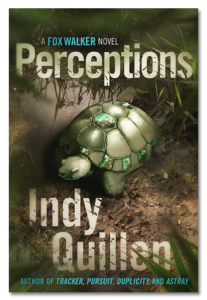
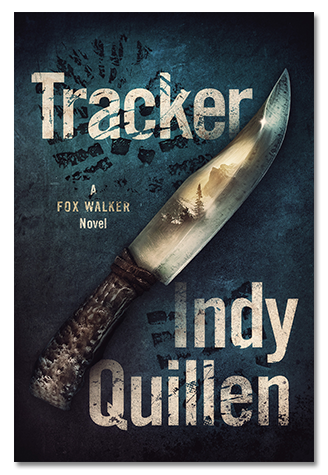
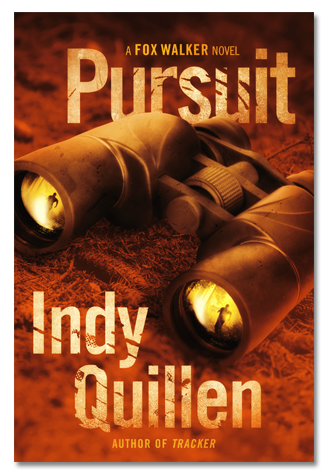
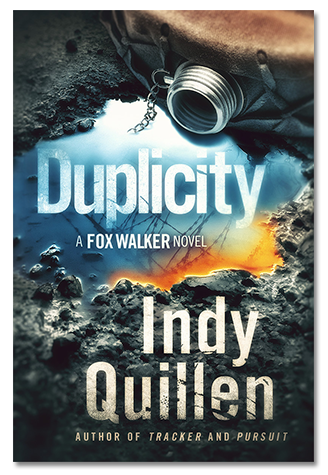
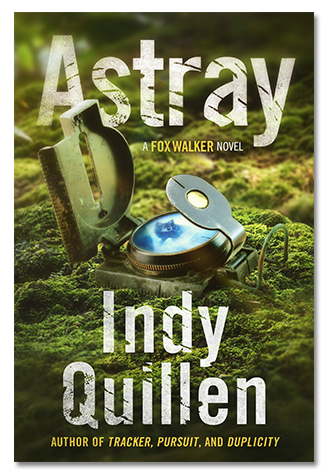
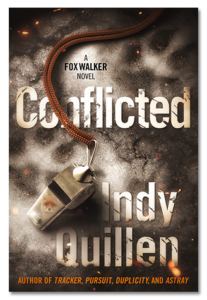
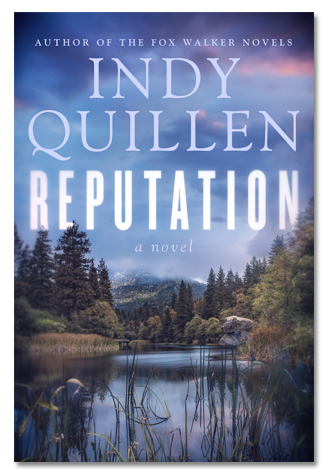
Prepardness should take into account an EMP, electromagnetic power pulse,from a solar flare or terrorist attack. Only electronics stored in a faraday cage are protected. Here’s a nonfiction book on this subject: http://www.amazon.com/EMP-Survival-Prepare-Electromagnetic-Destroys
This goes into a range of topics that, to me, is where we all have to decide what we will prepare for, and where we draw the line. I personally prefer the route of acquiring the knowledge our ancestors had (just a mere 100 years ago) about how to survive without electricity – rather than preparing with faraday cages and such. But that is just me, based on my situation. Each of us will have a different outlook. Still, I do agree with you that the general population should have this information and be able to make their own decisions about how to plan. So thank you, Lois, for bringing the subject up and sharing the link for more information. It’s much appreciated.
I recently posted about a potential EMP, either as a bomb or a solar flare on my facebook page. This book is very enlightening.
http://www.amazon.com/One-Second-After-William-Forstchen/
Months before publication, One Second After has already been cited on the floor of Congress as a book all Americans should read, a book already being discussed in the corridors of the Pentagon as a truly realistic look at a weapon and its awesome power to destroy the entire United States, literally within one second. It is a weapon that the Wall Street Journal warns could shatter America.
I’m familiar with the book as well, Lois. I read One Second After a year ago. It’s a hard read because it’s an honest look at what would happen should an EMP take out the grid – even if it was only localized it would be lethal to our way of life today, considering how dependent we are on electronics. Terrorist attack aside, most people don’t believe solar flares could do this amount of damage – but back in the day of the telegraph, a large solar flare fried all the telegraph wires. You can imagine what that would do today.
I’ll admit to having my head in the sand when it comes to preparedness, Indy, so thanks for these references books.
You’re very welcome, Judy. I gives me some piece of mind to know I have such information at hand. But, I’ll admit that I’ve always gotten a kick out of learning things that our ancestors did everyday, as a way of life. I enjoyed backpacking and knowing I could survive on what I was carrying. Something empowering about that…